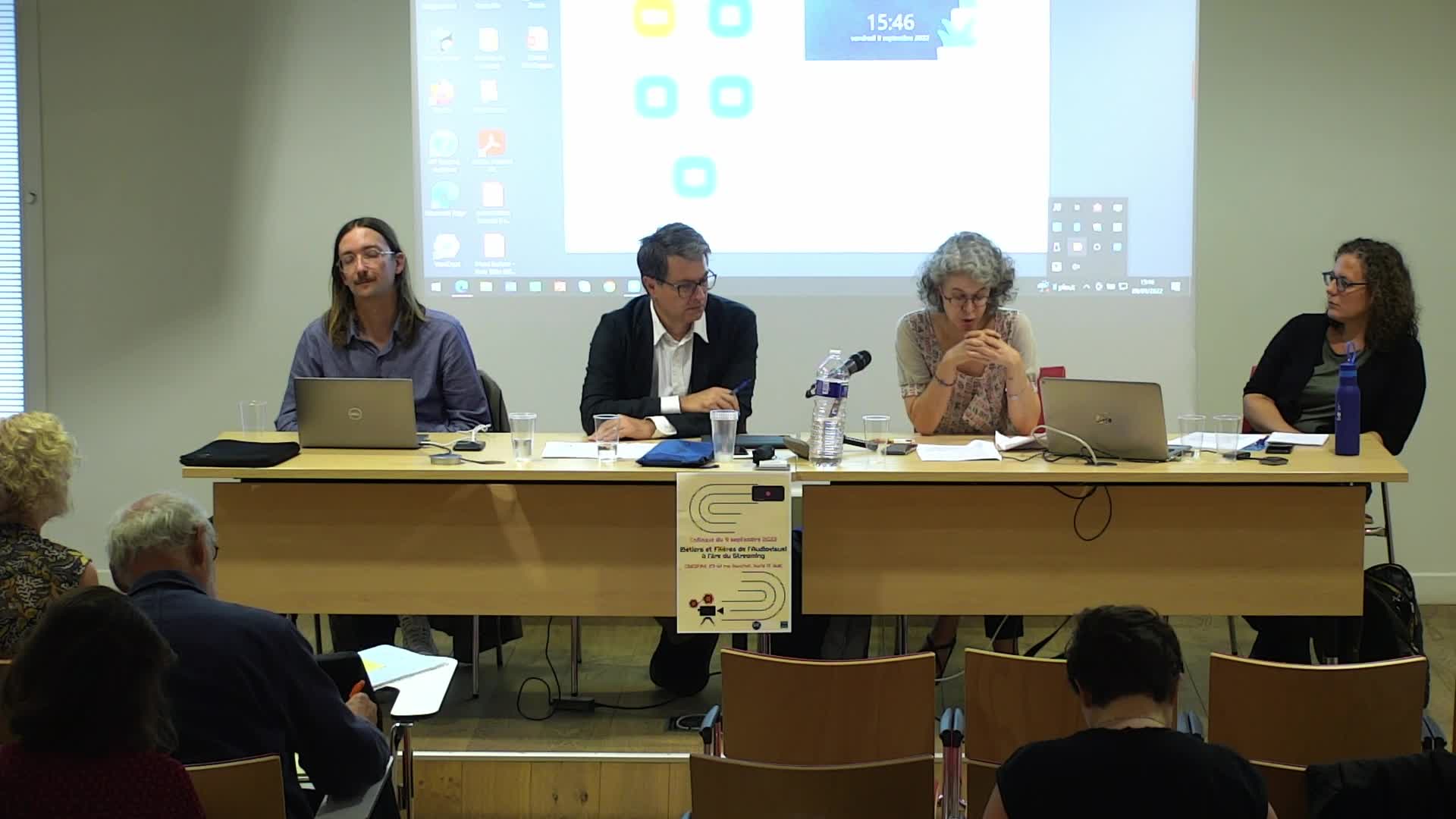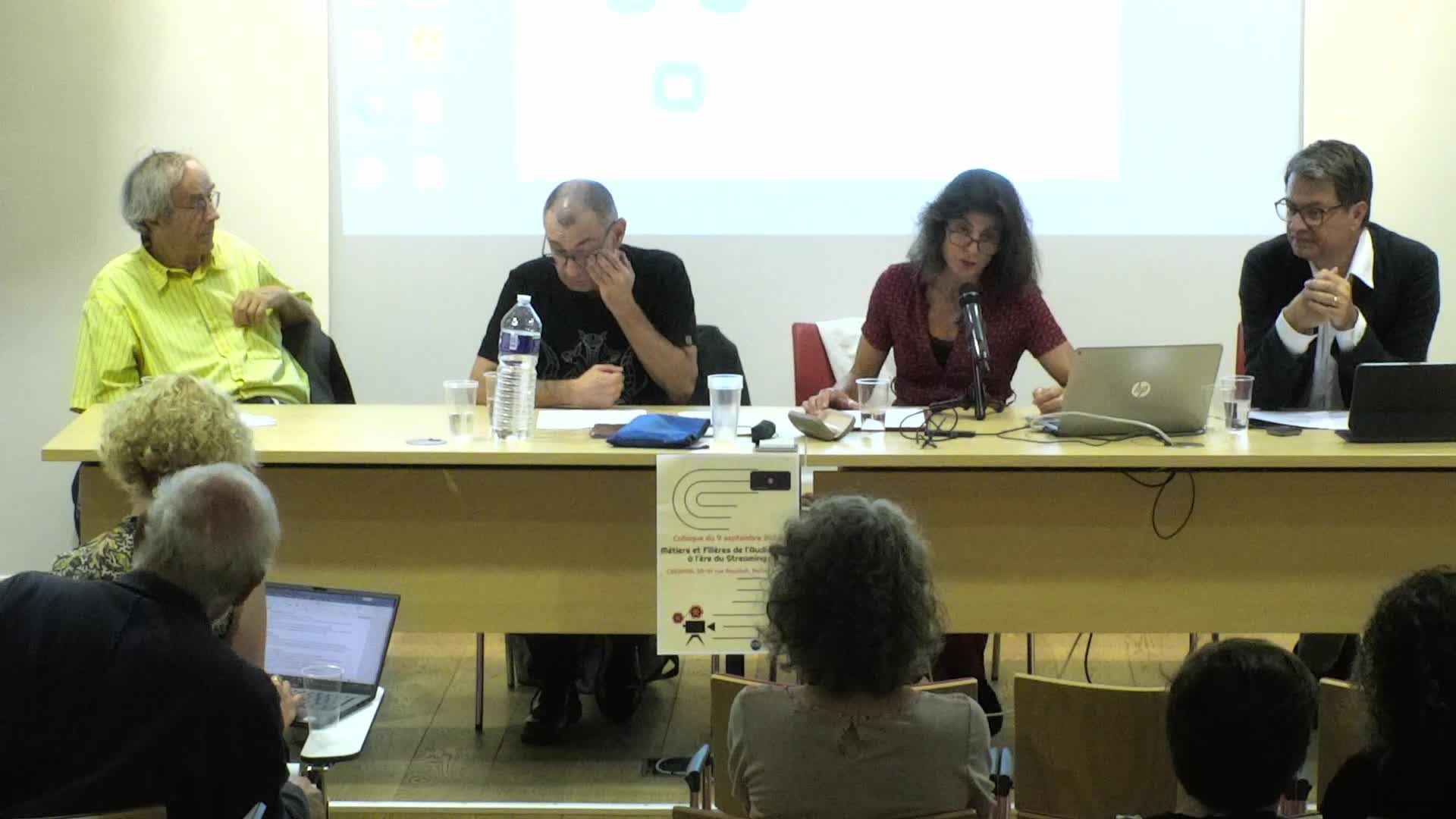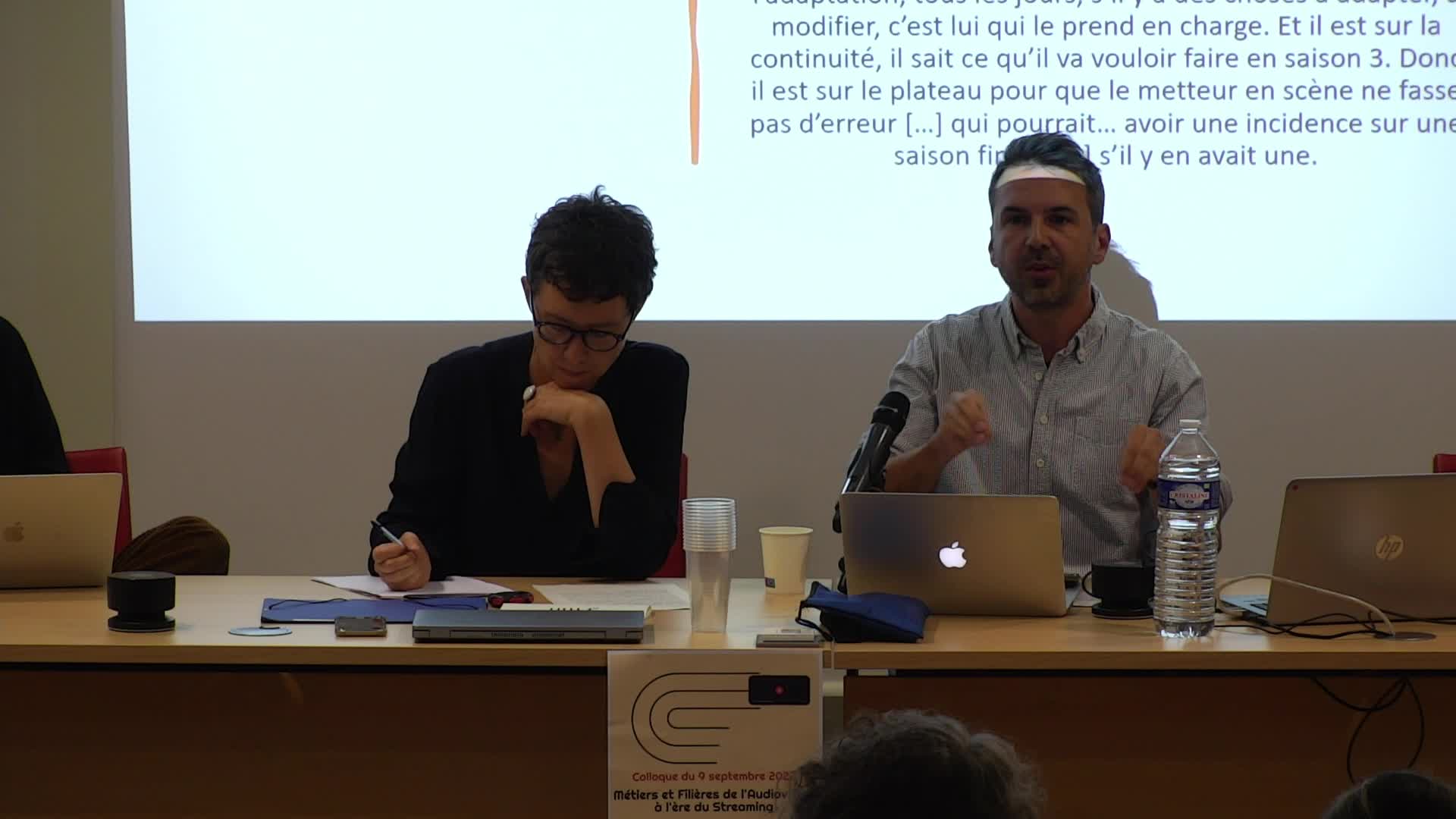Notice
Netflix’s Self-Disciplinary Work Culture : Managing Transnational Production Flows
- document 1 document 2 document 3
- niveau 1 niveau 2 niveau 3
Descriptif
This talk examines the overt and covert infrastructural systems of governance being used by Netflix and several of the other major U.S. subscription video-on-demand services (SVODs) to supervise the material labor practices not only of the local language media practitioners but also the engineers and media executives hired to manage these overseas productions from inside overseas headquarters and small, regional offices. Netflix, for instance, has embedded itself in thriving, local media production hubs, such as Paris, Berlin, Madrid, and Seoul, to deliver local-language Original series, such as Lupin, Dark, Money Heist, and Squid Games, many of which have become transnational hits that are more popular outside the territories in which they originated. At the same time, Netflix and Amazon are partnering with L.A. studios and production companies to execute high production, effects-laden, Game of Thrones-style global hits, such as Netflix’s The Witcher and Amazon Studios’ Carnival Row, which are shot in small, regional markets, such as Budapest and Prague, to access inexpensive, skilled media practitioners and government incentives. Meanwhile, the media giants are converting their 20th century analog systems to 21st century direct-to-consumer (D2C) ecosystems by ramping up existing production hubs in overseas markets, and by enlisting seasoned Hollywood talent to deliver a myriad of online entertainment formats (TV series, games, behind-the-scenes promotions) derived from current, high-profile media franchises to reroute global consumers to the new streaming services. The shifting geopolitical policies and practices associated with these disparate overseas production models can no longer be explained simply by referencing the western-centric concept of “runaway Hollywood” or by invoking the unidirectional model of cultural imperialism that portrayed “the West and then the rest.” Instead, this presentation examines the contradictory effects of U.S. streamers’ multi-billion-dollar investment in local media industries as they pursue a foothold in global markets. This paper is a response, therefore, to Michael Curtin’s call for media scholars to consider the “topographies of contemporary media industries,” which are “growing more plastic and complicated as media institutions scale their ambitions and operations in an increasingly porous and dynamic environment.” [Michael Curtin, “Post Americana : Twenty-First Century Media Globalization,” Media Industries 7:1 (2020), 90]
Intervention / Responsable scientifique
Thème
Dans la même collection
-
L’ascension des spécialistes des données à Hollywood
RousselViolaineL’ascension des spécialistes des données à Hollywood
-
Produire des projets de création numérique : du webdocumentaire à la réalité virtuelle, la place d…
VerdalleLaure deProduire des projets de création numérique : du webdocumentaire à la réalité virtuelle, la place des « nouveaux médias » dans des parcours de production.
-
Concevoir et diffuser un documentaire de création (en temps de pandémie). Autour de Rêve de Gotokuj…
MathieuLilianThiéryNatachaConcevoir et diffuser un documentaire de création (en temps de pandémie). Autour de Rêve de Gotokuji par un premier mai sans lune (Natacha Thiéry, 2020)
-
Le tournage à l’épreuve des effets visuels numériques
RotGwenaëleDans cette contribution, qui repose sur une enquête exploratoire menée auprès de studios de tournages spécialisés dans l’usage de ces technologies, nous interrogerons ce que cette modalité du travail
-
« Signé Netflix ». Les auteurs survivront-ils aux streamers ?
ZarkaSamuelSamuel Zarka (Enseignant-chercheur contractuel à l'Université d'Angers, Centre d’études de l’emploi et du travail-CNAM) : « Signé Netflix ». Les auteurs de films survivront-ils aux streamers ?






